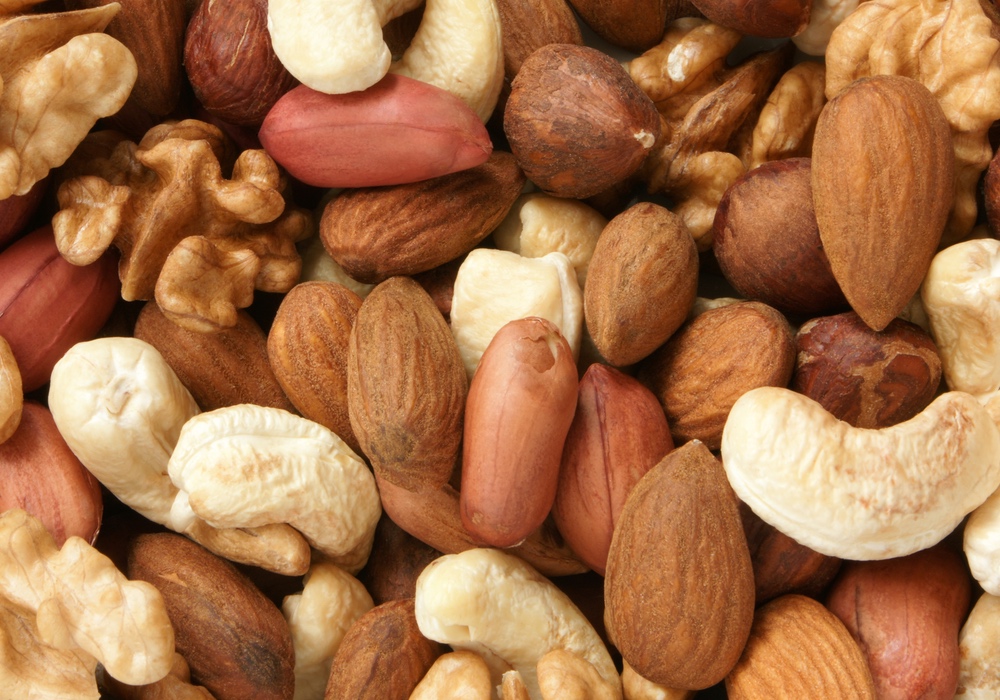Food allergies are not uncommon. They affect about 8 percent of children and 10 percent of adults. They can be life-threatening and people with severe food allergies are advised to avoid triggering foods — most commonly peanuts, milk, eggs and wheat.
All these foods are often contained in other foods and served at parties or in restaurants, a situation that is especially challenging and stressful for parents of children with food allergies since they never know when their child might unwittingly ingest a food that triggers a severe reaction.
It's particularly good news that a new study by researchers at Stanford Medicine reports that there's a monoclonal antibody, omalizumab, given in the form of an injection, which offers protection from life-threatening allergic reactions to foods.
Over 175 children with at least three food allergies each were included in the study. Thirty-eight percent were from one to 5 years old; 37 percent were from 6 to 11 years old; and 24 percent were 12 years or older. Skin-prick testing and a food challenge, where they reacted to less than 100 milligrams of peanut protein and less than 300 milligrams of each other food, revealed that all had severe food allergies.The American Academy of Pediatrics recommends that parents of children with food allergies check and read food labels carefully every time they buy a product because ingredients can change.
After approximately four months of being treated with omalizumab, 67 percent of the participants were able to ingest the equivalent of 2 or 3 peanuts without having a severe reaction, a considerable improvement. Only 7 percent of those in the placebo group had similar results.
What's more, it appeared that the drug also helped the participants tolerate other foods to which they were allergic, including cashews, milk and eggs. Based on these results, it appears that this drug can make life safer for kids with food allergies by preventing dangerous responses to small quantities of allergy-triggering foods, according to the researchers.
“There is a real need for treatment that goes beyond vigilance and offers choices for our food allergic patients,” the study's senior author, Sharon Chinthrajah, an associate professor of medicine and of pediatrics at Stanford Medicine, said. “I'm excited that we have a promising new treatment for multi-food allergic patients. This new approach showed really great responses for many of the foods that trigger their allergies,” she added.
Omalizumab was originally approved by the Food and Drug Administration (FDA) to treat asthma and chronic hives. It works by binding to and deactivating antibodies that cause many kinds of allergic disease.
More good news: omalizumab didn't cause side effects, other than some instances of minor reactions at the site of the injection.
If your child is dealing with food allergies, with or without omalizumab, the American Academy of Pediatrics recommends that you check and read food labels carefully every time you buy a product because ingredients can change. By law, major allergens, including eggs, milk, peanuts, nuts, wheat, fish, shellfish and soy, must be noted on the label.
The study is published in The New England Journal of Medicine.





